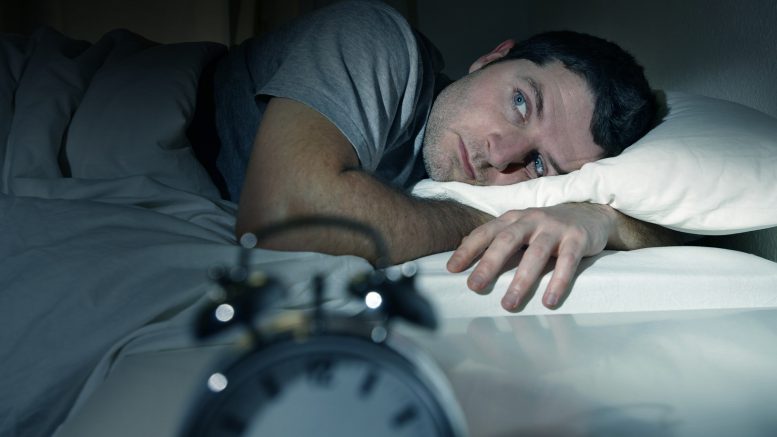New research presented on Tuesday at the European Society of Cardiology (ESC) Congress 2017 suggests that various sleep disturbances connected to ischemic heart disease and stroke.
Also know as coronary heart disease or coronary artery disease, ischemic heart disease refers to heart problems caused by narrowed heart arteries. When the arteries are narrowed, less blood and oxygen reaches the heart muscle and can ultimately lead to heart attack.
Heart disease:
“Poor sleep is associated with cardiovascular diseases such as ischemic heart disease and stroke but the kind of sleep disturbances that are most risky is not well documented,” said lead researcher Dr Nobuo Sasaki, of the Hiroshima Atomic Bomb Casualty Council, Japan. “’Poor sleep’ includes too short or too long sleep, difficulty falling asleep, and difficulty maintaining sleep.”
To research further which specific sleep disturbances may linked to these two conditions, the team looked at 12,876 residents of Hiroshima, Japan, including 6,762 men and 6,114 women with an average age 68 years.

Sleep habits:
The researchers assessed participant’s sleep habits using the Pittsburgh Sleep Quality Index (PSQI) questionnaire. The PSQI assesses various aspects of sleep quality including subjective poor sleep quality, long sleep latency, short sleep duration, low sleep efficiency, difficulty in maintaining sleep, use of sleeping pills and daytime dysfunction.
Based on participants’ self-reported answers a global PSQI score calculated, ranging from 0 to 21. Higher scores indicated poorer sleep quality, with ‘poor sleep’ defined as a global PSQI score equal to or greater than 6.
The team found that 52% of patients with ischemic heart disease, 48% of stroke patients, and 37% of patients with no cardiovascular disease suffered from poor sleep. After their analysis they also found that poor sleep quality, long sleep latency, low sleep efficiency, and use of sleeping pills significantly associated with both ischemic heart disease and stroke.
Difficulty maintaining sleep, short sleep duration, and daytime dysfunction only associated with ischemic heart disease.
Lead researcher Dr. Nobuo Sasaki, of the Hiroshima Atomic Bomb Casualty Council, Japan, explained that, “Difficulty maintaining sleep reflects an increase in sleep fragmentation, which refers to brief moments of waking up and causes overactivity of the sympathetic nervous system and adrenocortical axis.”
Dr. Sasaki concluded that, “Our results support the hypothesis that sleep deterioration may lead to cardiovascular disease. Poor sleep in patients with ischemic heart disease characterised by shorter sleep and brief moments of waking up.”

Be the first to comment on "Don’t get enough sleep? Get help. Poor sleep linked to heart disease, stroke"